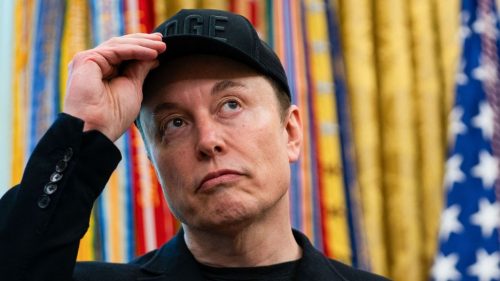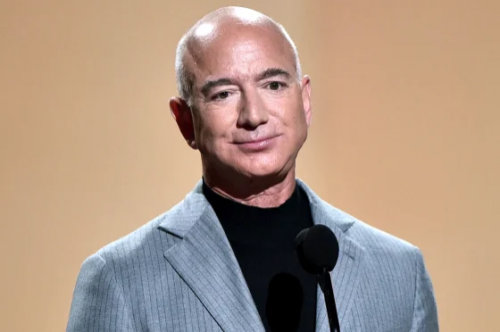In the upcoming age of AI, two very different classes of companies appear well-positioned to leverage AI’s capabilities: startup ventures and multi-billion-dollar giant corporations. Promising AI startups are being launched at an increasing pace in areas like health care, finance, retail, media and cross-industry tech, to name a few. And alongside tech giants like Google or Microsoft, traditional large corporations are employing AI to digitalize their business model and processes. Examples of AI-driven automation and augmentation range from automated customer loan approval and smart infotainment systems at car manufacturer Daimler to predictive maintenance at oil and gas behemoth Shell and AI-assisted medical image reading at industrial manufacturer Siemens. Corporate AI innovation is fairly concentrated with the top-10 patenting firms in the world accounting for more than 15% of AI patents in the period 2011 to 2016.
These two breeds of companies — startups and giants — are also building strong partnerships in the field of AI. A recent study reveals that, while in 2013, AI startups were rarely targeted by corporate venture capital (CVC) investment, only five years later these AI startups received more than $5 billion in CVC funding (approx. 10% of all CVC investments). While much of this money is coming from Asian and U.S. tech giants, like Baidu and Google, big non-digital corporations are increasingly making such investments to access startups’ AI talent. Big data and AI talent (e.g., data scientists, machine learning engineers) are two of the most critical resources for building successful AI applications. By combining the innovative talent of AI startups with the vast amounts of process and user data held by giant corporations, strong synergies can be created.
In this field, midsize companies — many of whom are family-controlled — have difficulties keeping up. Earlier research documented how midsize firms were already struggling in last decade’s winner-takes-all economy. That struggle is likely only going to intensify.
The article was originally published at the Harvard Business Review.
The Boston Global Forum (BGF), in collaboration with the United Nations Centennial Initiative, released a major work entitled Remaking the World – Toward an Age of Global Enlightenment. More than twenty distinguished leaders, scholars, analysts, and thinkers put forth unprecedented approaches to the challenges before us. These include President of the European Commission Ursula von der Leyen, Governor Michael Dukakis, Father of Internet Vint Cerf, Former Secretary of Defense Ash Carter, Harvard University Professors Joseph Nye and Thomas Patterson, MIT Professors Nazli Choucri and Alex ‘Sandy’ Pentland, and European Parliament Member Eva Kaili. The BGF introduced core concepts shaping pathbreaking international initiatives, notably, the Social Contract for the AI Age, an AI International Accord, the Global Alliance for Digital Governance, the AI World Society (AIWS) Ecosystem, and AIWS City.










